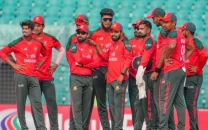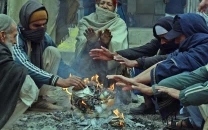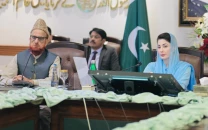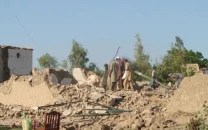Inequity in power outages

Inequity in power outages
The official residences of elected officials as well as government office buildings seem to have little to no power cuts while the rest of the country suffers through up to 18 hours of power outages in some rural areas. It is perhaps because of this lack of personal experience with long spells without power that the government seems to be somewhat insensitive to the extreme levels of frustration that the energy crisis has begun to breed within the population at large.
Perhaps the government underestimates the seriousness of the issue so it might be helpful to explain it in terms that they would understand. The PPP government seems to have accomplished a great deal politically in the first two years in office. However, if it hopes to have even the remotest chance of winning re-election in 2013, it must resolve the energy crisis. Given the extraordinarily complex nature of this issue, one can understand that it will take time to meaningfully resolve the chronic power shortages but the least that the government can do while the country is suffering through the crisis is to suffer along with the rest of us in equal measure. There is no reason why our public servants should be exempt from the exact same amount of time without power as the rest of their compatriots.
And while one can appreciate the KESC’s stance of increasing power outages in areas with the highest amount of theft, they would do well to ensure that areas that actually steal power are being punished rather than simply the poorest neighbourhoods. The utility should also realise that merely naming people for power theft in newspaper adverts is not going to be enough — they need to be prosecuted for this as well.



















COMMENTS
Comments are moderated and generally will be posted if they are on-topic and not abusive.
For more information, please see our Comments FAQ